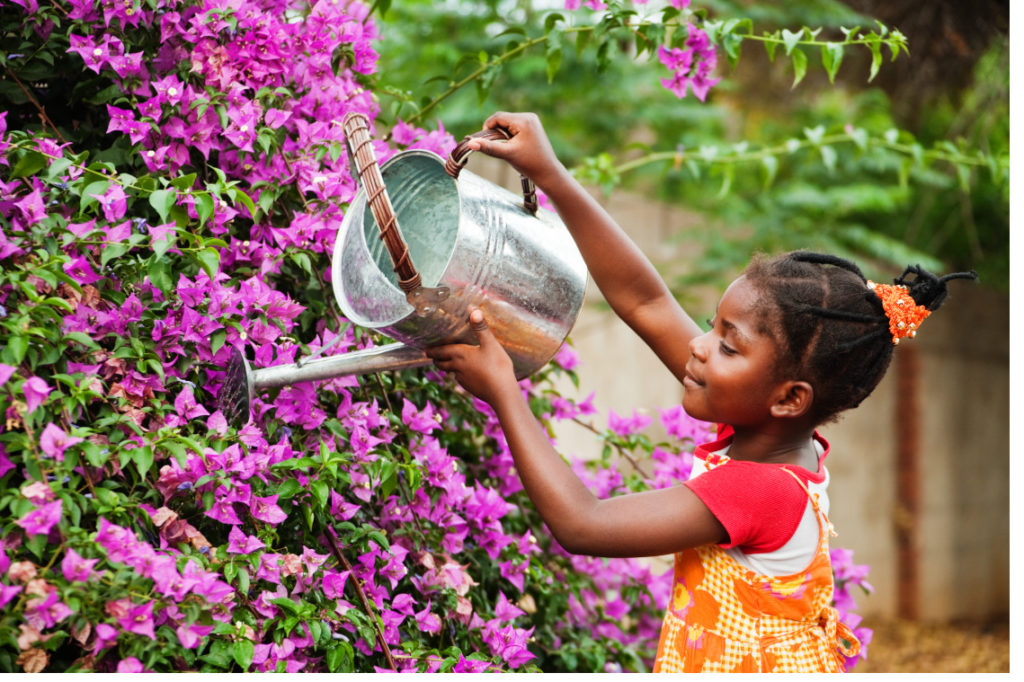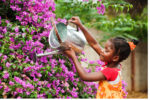
March 5, 2022
ALIVE ON EARTH
A Reflection from the Interpath Traditions
by Thomas P. Bonacci, C.P.
Worldwide Interfaith Organizations and Religious Communities have joined together in sounding the alarm concerning climate change and ecological destruction. The latest United Nations report invites us to seriously consider the situation if we have any sense of responsibility concerning our planet’s welfare and the future of humankind.
The UN Intergovernmental Panel on Climate Change recently stated (February 28, 2022): “Increasing weather and climate extreme events have exposed millions of people to acute food insecurity and reduced water security, with the largest impacts observed in many locations and/or communities in Africa, Asia, Central and South America, Small Islands and the Arctic. Jointly, sudden losses of food production and access to food compounded by decreased diet diversity have increased malnutrition in many communities, especially for Indigenous Peoples, small-scale food producers and low-income households, with children, elderly people and pregnant women particularly impacted. Roughly half of the world’s population currently experience severe water scarcity for at least some part of the year due to climatic and non-climatic drivers.”
Pope Francis raised our consciousness to this growing problem in 2015 when he released his ground-breaking Encyclical, Laudato si, on the care of our common home. Francis called for an “integral ecology” whereby human beings would live in a respectful relationship to nature. Stated simply, all creation is interrelated, interconnected, and interdependent. The Planet does not have endless resources. We humans must live in the World cooperatively, simply, lovingly, and generously. The ecological crisis is, perhaps, the most important ethical issue confronting humanity today.
All of this invites us to reconsider what we truly believe about the world we live in. Is this World a passing phenomenon of no ultimate concern? If not, we might be able to confront our traditional indifference to its care and well-being. Considering the the suffering that ecological irresponsibility has caused in the life of millions of peoples and creatures, we must reconsider what it means to live on Earth.
The great Faith Traditions of Humankind have all testified to the nobility of life on Earth. Taoism sees reality in the ebbs and flows of Nature. Judaism gives us the image of God creating us from the depths of the soil with a responsibility to care for the land. Islam beautifully teaches God’s awareness of every aspect of reality and creation as precious. Christianity experiences the very love of God in the flesh of Jesus risen in every aspect of Nature.
The myth “rugged individualism” at the expense of everyone else is rapidly coming to an end. We humans are created as social beings who can delight in the beauty of Nature so we might find the splendor of the Divine within us. Fashioned in the Divine image, our duty and blessing is to reflect the Divine in our care for the Earth and one another. As the Patriarch Bartholomew of Constantinople so beautifully said, “if we believe we are made in the image of God, we shall act with care and compassion, striving to become what we are created to be.”
Blessings to you, Holy Community, for loving the Earth by caring for it. Thank you for your kindness to the flowers, your tenderness to the creatures great and small, your blessing of the children who will soon inherit this World.


Off